Search
Search Results
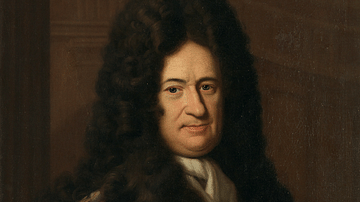
Definition
Gottfried Wilhelm Leibniz
Gottfried Wilhelm Leibniz (1646-1716) was a German polymath who became well-known across Europe for his work, particularly in the fields of science, mathematics, and philosophy. Leibniz's rationalist philosophy attempted to reconcile traditional...
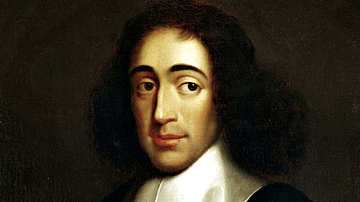
Definition
Baruch Spinoza
Baruch Spinoza (1632-1677) was a Dutch philosopher who combined rationalism and metaphysics to create a unique system of thought. Spinoza was held up as an atheist philosopher in the 18th century, but this is not an entirely accurate representation...

Definition
Book of Job
The book of Job in the Hebrew Bible is found among the books designated Ketuvim ("writings"), along with Ecclesiastes and the Book of Proverbs. All three belong to a genre known as wisdom literature. The books share a common ancient cultural...
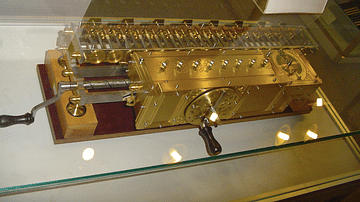
Image
Leibniz's Calculating Machine
The calculating machine capable of multiplication and division invented by Gottfried Wilhelm Leibniz (1646-1716), the German polymath. (Technische Sammlungen Museum, Dreseden, Germany)
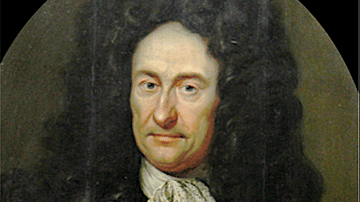
Image
Gottfried Wilhelm Leibniz Portrait
A c. 1700 portrait of Gottfried Wilhelm Leibniz (1646-1716), the German polymath. Painted by Johann Friedrich Wentzel (1670–1729).
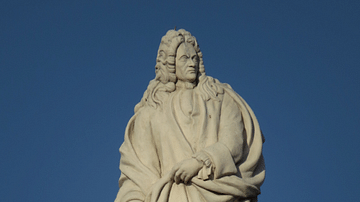
Image
Statue of Gottfried Wilhelm Leibniz
A statue of Gottfried Wilhelm Leibniz (1646-1716), the German polymath. Natural History Museum, Vienna, Austria.

Image
Gottfried Wilhelm Leibniz, 1695
A 1695 oil-on-canvas portrait by Christoph Bernhard Francke of Gottfried Wilhelm Leibniz (1646-1716), the German polymath. (Herzog Anton Ulrich Museum, Braunschweig, Germany)
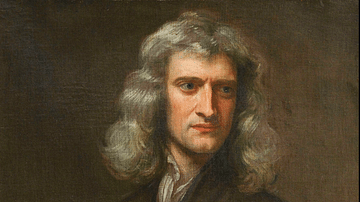
Definition
Isaac Newton
Isaac Newton (1642-1727) was an English mathematician and physicist widely regarded as the single most important figure in the Scientific Revolution for his three laws of motion and universal law of gravity. Newton's laws became a fundamental...
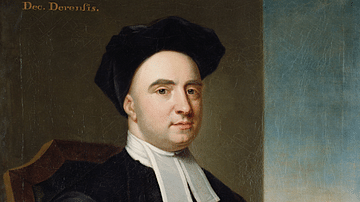
Definition
George Berkeley
George Berkeley (1685-1753) was an Anglo-Irish bishop and an empiricist and idealist philosopher. He infamously claimed that no matter exists outside of God and that things only exist outside of our minds and perceptions because God perceives...

Definition
René Descartes
René Descartes (1596-1650) was a French mathematician, natural scientist, and philosopher, best known by the phrase 'Cogito ergo sum' ('I think therefore I am'). He published works on optics, coordinate geometry, physiology, and cosmology...